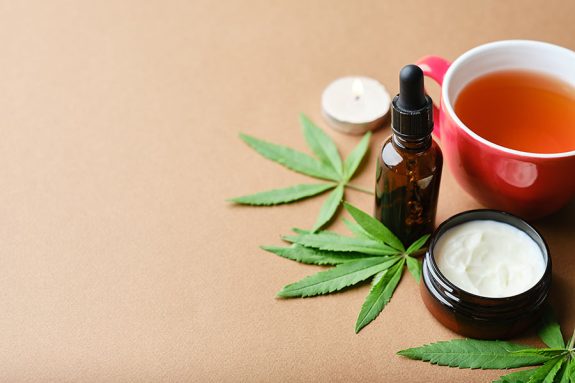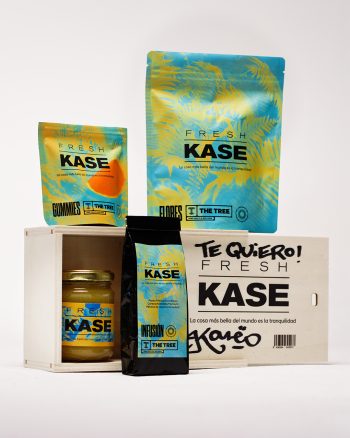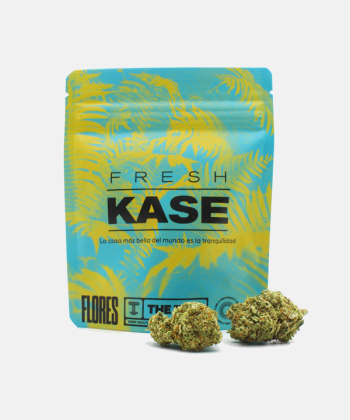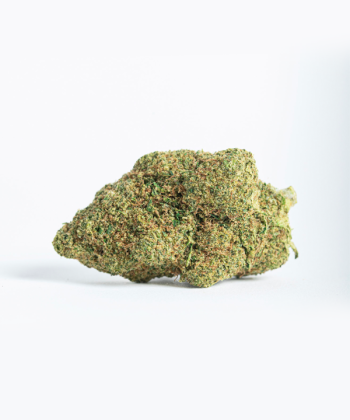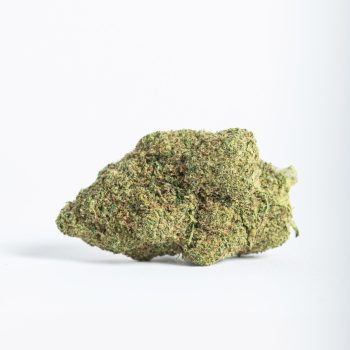The answer to this question is much broader than it may seem at first, as the taste of CBD can vary depending on the product. In general, CBD isolate and products including CBD do not have a pronounced taste.
However, when it comes to products containing full-spectrum or broad-spectrum CBD, such as oils, tinctures, edibles or vapes, the taste can be more intense. Some CBD products may have an earthy, herbal or slightly bitter taste. This is due to natural constituents of the cannabis plant and other ingredients used in making the product.
In addition, some CBD products may also be available in different flavours, such as mint, vanilla or fruit, to make them more palatable to the consumer.
However, it is important to mention that the sale of edible CBD is not legal in Spain, given the current legislation. Although ingestion of CBD is not specifically prohibited, the marketing of products enriched with this cannabinoid using routes of administration other than topical is not allowed.
Consequently, the information contained in this article refers to edible CBD products sold in countries where they can be consumed in this form. Countries such as Canada, Switzerland or the United States, among others, would be examples of this.
Factors affecting the flavour of CBD oil

- Oil used as a base: CBD oil generally has only two ingredients, which are a vegetable oil and a CBD-rich cannabis extract. Therefore, the taste of the vegetable oil will have a great influence on the taste of the end product.
- Extraction method: The method of CBD extraction can also influence the taste of CBD oil. Common methods include supercritical or subcritical CO² extraction, or solvent extraction. Each extraction method can result in different flavours in CBD oil.
- Cannabis plant origin and terpene profile: The taste of CBD oil can be influenced by the strain of cannabis from which it is extracted. Different cannabis genetics have unique flavour profiles due to variations in their terpene content, known as their terpene profile. This is influenced as much by the strain as by the growing conditions, soil and other environmental factors. As these molecules are responsible for the smell and taste of cannabis, they can give it citrus, floral, earthy or other characteristic flavours.
- Proper storage: The taste of CBD oil can change if not stored properly. Exposure to light, heat and humidity can alter its taste. Therefore, it is important to store it in a cool, dark and dry place to optimally preserve its organoleptic properties.
- Added flavourings: Some CBD oils have natural flavourings added, whether of menthol, fruit or incense, to mask the herbal taste of CBD extracts, which some users may not like.
Factors affecting the taste of CBD flowers
taste of CBD flowers can vary due to a number of factors that influence their taste, which are described below:
- Plant variety: There are different strains of cannabis that are specifically bred to produce CBD flowers with unique flavour profiles, each offering different notes and nuances of flavour.
- Terpene profile: Terpenes are aromatic molecules found naturally in cannabis flowers and many other plants. They are the main component of any essential oil and not only provide aroma, but can also influence taste. They are responsible for the fact that flowers can have citrus, earthy, floral, herbal, etc. notes.
- Cultivation and growing conditions: Growing conditions such as light, temperature, humidity and nutrients can affect the taste of CBD flowers. Organic cultivation tends to produce better quality CBD flowers with a more pronounced taste.
- Drying and preservation: The drying process of CBD flowers is crucial in preserving their optimal flavour. In addition, proper storage will prevent the trichomes and terpenes from quickly degrading.
As with edible CBD, the sale of flowers for consumption is prohibited in Spain, as they are merely decorative and collectors’ items. Therefore, we are obliged to warn that users who do not use them for these purposes would be misusing them. We would also like to clarify that the above information on the taste of flowers refers to those countries where their consumption is permitted.



